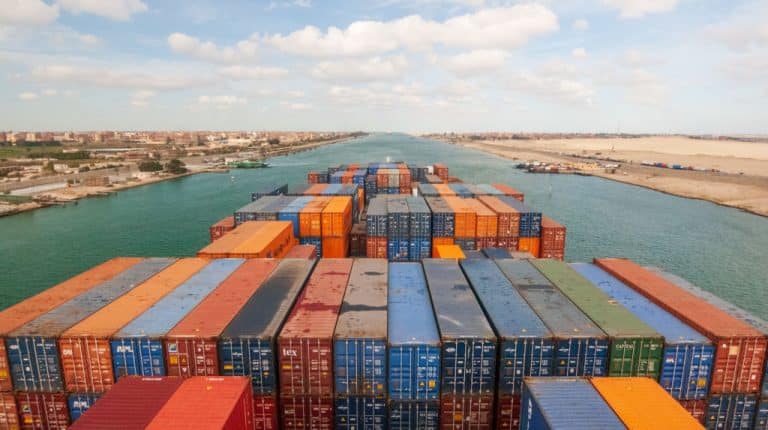CAIRO: The Egyptian government denied rumors on ceding the Nile River ports to a foreign country under a draft law reorganizing the General Authority for River Transport (GART). The cabinet's media center said that it contacted transport ministry, which confirmed these claims are incorrect. The ministry stressed that the Egyptian ports are wholly owned by the state and subject to Egypt's sovereignty and will remain so.
It explained that the draft law aims to encourage the private sector to invest in river transport, without selling or ceding ownership of any of the river transport ports. The obligations of public utilities will be granted to investors, it added, whether Egyptians or foreigners, for the purpose of establishing, managing, operating, maintaining and exploiting ports, river anchorages, locks and navigational routes.
This is done based on the contracting system according to the nature of each project, while adhering to the conditions and procedures that guarantee the protection of that facility. The ministry added that these facilities will be transferred to the state at the end of the commitment period, free of charge and in good condition.
The draft law aims to achieve unified, tight and disciplined regulation of everything related to river transport in a way that addresses both the randomness of regulation and the conflict of competences between the various departments in the government, the ministry explained.
Thus, the GART will be exclusively utilized to issue navigational licenses for mechanized and non-mechanized river units, fixed buoys, floating hotels, and the crews working on them, as well as issuing licenses for berths and river ports on the Nile and its navigational branches.
It added that this will lead to the unification of the authority issuing licenses to carry out the work of transporting passengers, goods, missions, materials of all kinds, containers, and the management and operation of shipping lines and ports. GART's new regulation will also achieve the integration of transport services and better raise the safety and security standards for all river units, operators and users of river transport, whether passengers or goods. - Agencies











